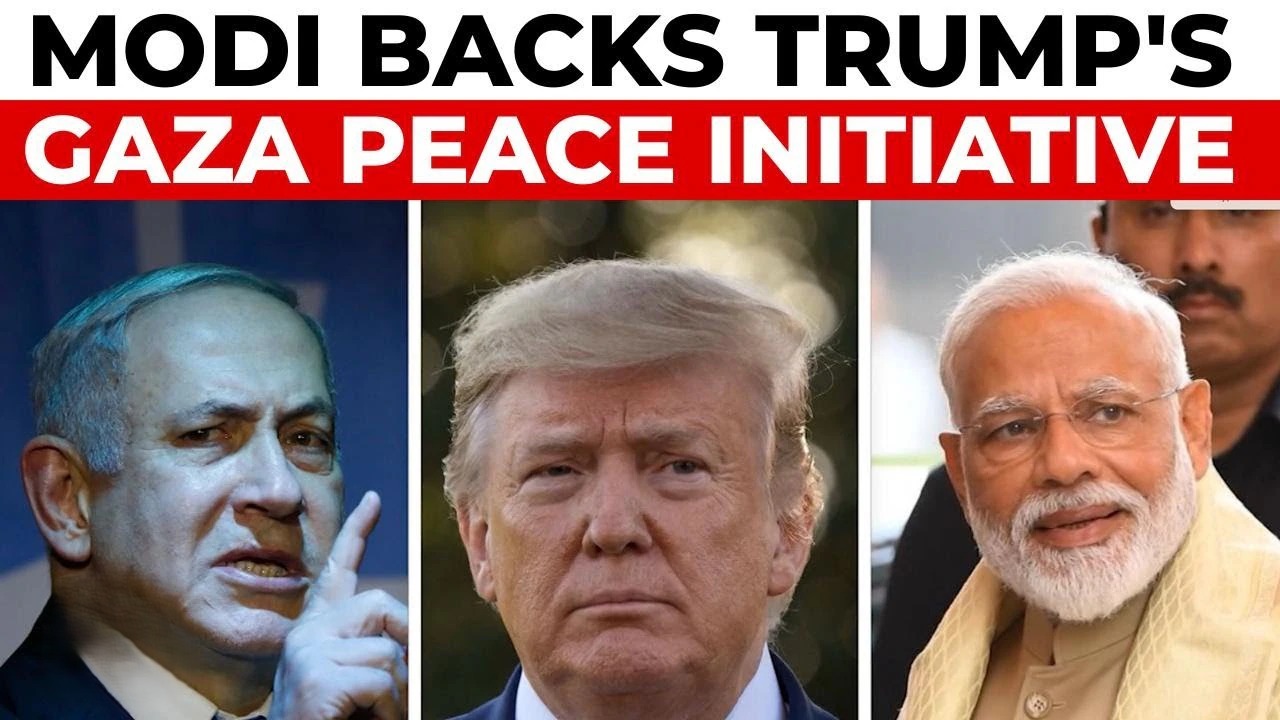The Israel-Hamas conflict reached a pivotal moment as both sides agreed to a first-phase peace plan, including hostages release, troop withdrawal, and humanitarian aid. US President Donald Trump announced the deal, praised mediators, and emphasized prospects for a durable peace, amid regional hopes for stability and conflict resolution.
In a significant diplomatic breakthrough, Israel and Hamas have officially agreed to the first phase of a peace plan facilitated by the United States and regional mediators. Announced by US President Donald Trump and confirmed by Israeli officials, the deal signifies a major step towards ending a two-year-long conflict in Gaza.
Key Highlights
Historic First-Phase Deal
The agreement marks a détente, including a temporary ceasefire, the phased withdrawal of Israeli troops from Gaza, and the release of all remaining hostages held by Hamas, including 20 individuals believed to be alive and in captivity.
Role of U.S. Mediation
President Trump credited the Trump administration’s peacemaking efforts, leading to a 20-point framework that aims to establish a durable ceasefire, facilitate humanitarian aid, and ensure Israeli and Palestinian commitments are honored in the initial phase.
Reactions from Leaders
Israeli Prime Minister Benjamin Netanyahu called it “a great day for Israel,” emphasizing the significance of securing the release of hostages and restoring peace. Hamas stated the deal includes evacuation of Israeli forces and exchange of prisoners, signaling a tentative truce.
Regional and Global Support
Qatar, Egypt, Turkey, and the US played crucial roles in brokering and supporting negotiations. The process also reflects broader geopolitical shifts with regional powers advocating for peace amid ongoing conflicts.
Challenges and Caution
While initial signs of calm are evident, analysts urge caution, citing historical breaches of truces and Hamas’s doctrine of temporary “hudna” (ceasefire) agreements, which have historically broken down. The long-term peace and demilitarization remain critical hurdles.
Impact on Regional Stability
The deal could calm hostilities in Gaza, alleviate humanitarian suffering, and improve regional relations. It also offers hope that ongoing international efforts can help forge a sustainable peace solution in the volatile Middle East.
Broader Implications
This peace initiation signifies an unprecedented diplomatic effort, with US backing, blending military, humanitarian, and political components. It provides a potential blueprint for resolving prolonged conflicts but underscores the importance of sustained international engagement and regional consensus.
Notable Updates
The deal’s success hinges on the full release of hostages and Israeli troop withdrawals as promised.
Many regional countries are cautiously optimistic but remain vigilant about implementation.
The ongoing peace process could influence global diplomacy, trade, and security alliances in the Middle East and beyond.
Sources: Bloomberg, India Today, Reuters, Press Information Bureau, Al Jazeera





